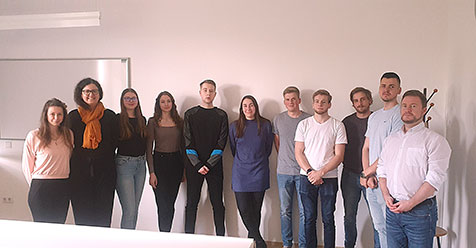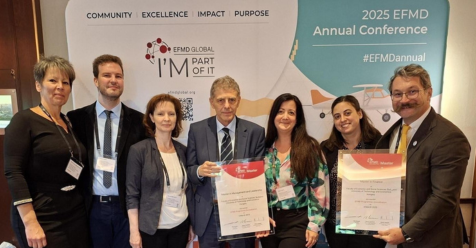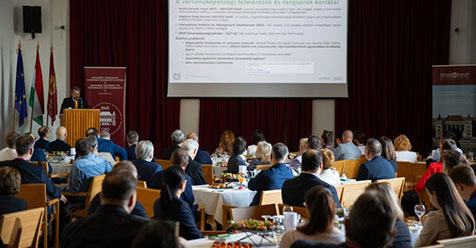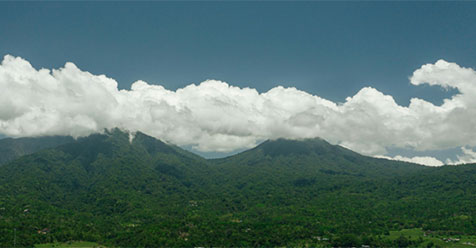International workshop at SCORAI Europe Conference 2025 by NiCE CE
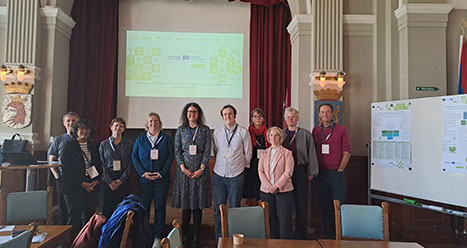
“Mainstreaming Sustainable Consumption” was the topic of the SCORAI Europe Conference 2025 organised between April 8-10, 2025, in Lund, Sweden, together with the MISTRA Sustainable Consumption project and the EU 1.5° Lifestyles project. The conference has brought together around 500 researchers and practitioners concerned with sustainable consumption to make progress on mainstreaming sustainable consumption.
SCORAI (Sustainable Consumption Research and Action Initiative) is an international knowledge network of researchers and practitioners committed to building a flourishing and ecologically-sound society by changing the way we consume. MISTRA Sustainable Consumption is Sweden’s largest research program on sustainable consumption, running from 2018 until 2025. Its goal is to stimulate a transition to more sustainable consumption in Sweden through increased knowledge on how sustainable consumption that is currently practiced by a few can be scaled up and become more common. The EU 1.5° Lifestyles project is a Horizon 2020-funded project, running from 2021 until 2025. It unites institutions from seven EU countries to achieve a transition towards lifestyles in the EU that meet the 1.5° Paris climate goal.
The workshop, “Facilitation of Circular Lifestyles in Cities” has been organized by NiCE partners: Mariann Szabó (Budapest University of Technology and Economics), Helen Czioska and Laura Spengler (both from the German Environment Agency). During the interactive workshop results of the NiCE project have been introduced, including:
- a virtual exhibition of 30 good practices related to sustainable lifestyles from NiCE partner cities;
- a strategy framework for the promotion and establishment of circular lifestyles in cities/city centres; and
- a “monitor tool” for the analysis of the status quo, challenges, and potentials for circular lifestyles in cities.
Participants were encouraged to share ideas and express their interest in adopting various project results. They also had the opportunity to test the Virtual Exhibition using their own smartphones and on-site devices. The workshop was open to anyone interested in city development and circular lifestyles.
In total, 10 participants attended the session, representing Australia, Hungary, Germany, Norway, Switzerland, and the United Kingdom. The group included scientists, researchers, and practitioners from a wide range of institutions such as the City of Mannheim (DE), Circular Australia (AU), GreenDependent Institute (HU), Wuppertal Institut (DE), Lund University (SE), University of Manchester (UK), and the University of Geneva (CH).
The workshop began with an introductory presentation on the NiCE Interreg Central Europe Project. After this, two posters were presented, focusing on the Strategy Framework and the Monitor Tool. Participants showed particular interest in the data collection methods related to circular offers and needs assessments in NiCE partner cities. The discussion also touched on how NiCE integrates the revitalization of city centres with the promotion of circular lifestyles, aligned with the principles of the New European Bauhaus.
All participants found the Virtual Exhibition to be an innovative and engaging educational and awareness-raising tool. For some, it was a completely new experience to encounter good practices in such an interactive way.
The hands-on experience was followed by a lively discussion about the most pressing aspects of circular lifestyles in urban contexts, along with valuable feedback on the presented results. The collaboration with participants will continue beyond the workshop—an important outcome of the session.
